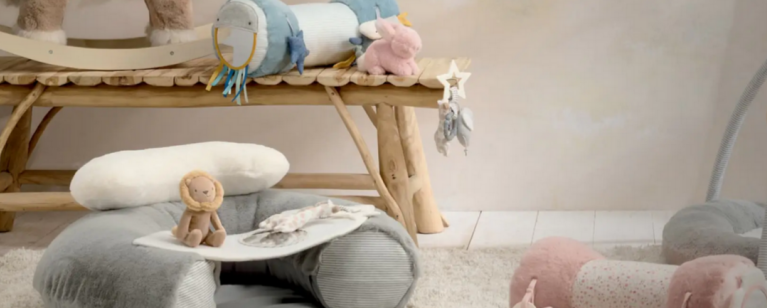
What do you see as being the key benefits of ETI's group progression approach?
In our area of work meeting people, sharing experiences and learning from each other’s actions is so important. The group progression sessions work well as they bring together relatively small groups of people, creating an opportunity to meet fellow colleagues and promote collaborative work. As the groups are small, it provides a space where people feel confident to speak up and share both their positive experiences but also areas where they require support or advice. The sessions often highlight that brands are not alone; we all struggle with similar aspects of our work, but the sessions allow these to be discussed openly and honestly.
The sessions also provide an opportunity to get more time with the ETI colleagues who are specialists in this area – they are present and can offer support and guidance to members throughout.
Tell us about the group progression sessions you’ve attended. What stood out for you?
This year at Mamas & Papas we have been focusing on developing a 'Product ESG Strategy' so the opportunity to join the strategy progression session came at the perfect time. Our strategy encompasses all aspects of environmental social governance (ESG), including ethical trade and human rights.
At Mamas & Papas we have a diverse portfolio of products, from soft goods such as clothing and soft toys through to hard goods including pushchairs and nursery furniture. Our goods are manufactured in several different countries. We had conducted a thorough data gathering exercise to identify some of the risks within our supply chain however, prioritising and incorporating these into our strategy was our next challenge.
One of the great positives of these sessions is the openness and collaboration between brands.
The strategy progression session showcased two different brand case studies, highlighting how they had collected, risk assessed and prioritised their data. Both brands used a risk matrix, reviewing severity and likelihood to prioritise the risks in their supply chain. This was a tool we have taken away to help prioritise our risks and from a vast amount of data create a comprehensive set of salient risks. Additionally in this session, resource was a common topic. Many brands struggled with limited resources, however, a lot can still be achieved it just means resource has to be considered when developing a strategy but approaches should be reviewed and developed if both legislation and resources change.
What actions have ETI group progression sessions prompted at your company, if any?
We have taken action prompted by one of the progression sessions. Similarly to most brands, we have an audit programme in place, however, we know that audits do not capture everything and at Mamas & Papas we want to develop our beyond audit programme. We have colleagues within the wider product team including buyers, designers and engineers that visit our supplier sites and we also have a quality team based in Hong Kong. During one progression session, a colleague from another brand shared information about how they had developed a site visit checklist for colleagues when they visited suppliers. This session allowed us to connect and have a follow up meeting to discuss their actions in more detail, allowing us to learn from them, including what they found successful and also more challenging. We have subsequently developed our own site visit checklist and hold meetings with colleagues prior to travelling to ensure human rights and ethical trade is at the forefront of their minds when visiting suppliers.
One of the great positives of these sessions is the openness and collaboration between brands. With the advantage of smaller groups and guest speakers on each call, attendees feel more confident to share, ask questions and even follow up and connect after the sessions.
